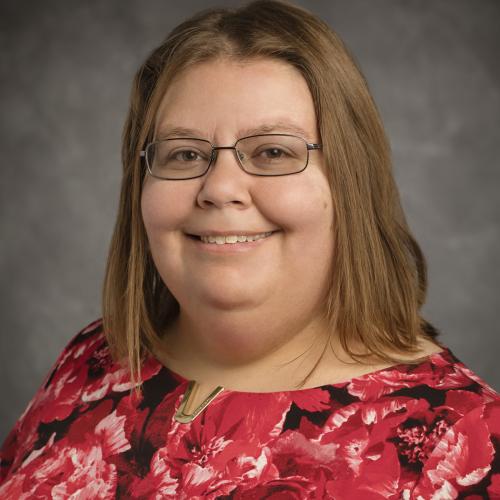With funding from the Alfred P. Sloan Foundation, Associate Professor Jodi Schneider is leading a project in collaboration with the National Information Standards Organization (NISO) to prevent the spread of retracted research.
Schneider was recently awarded a $249,998 grant to continue her work to create consistent community practices for publishers, preprint repositories, and discovery services to identify and signal that publications have been retracted or have expressions of concern.
The two-year project, "Reducing the Inadvertent Spread of Retracted Science II: Research and Development towards the Communication of Retractions, Removals, and Expressions of Concern," is intended to reduce the real and perceived danger to science and society when retracted research is mistakenly circulated within the digital scholarly record. The goal is to build more confidence in scientific discovery.
Retraction alerts readers to unreliable scholarly material and is intended to remove that information from the citable record. Harm can result when faulty information continues to spread.
"To give an example, over 200 articles related to COVID-19 were retracted during the first two years of the pandemic, yet many of those articles were cited hundreds of times, without showing awareness of the retraction," Schneider said.
The CREC Recommended Practice will identify parties involved in the retraction process and describe their responsibilities, actions, and notification methods. Also described will be the metadata and display standards necessary to communicate retracted research consistently to humans and machines.
Schneider's research group will compare the quality and availability of retraction metadata in multidisciplinary sources such as Crossref, the RetractionWatch Database, Scopus, and Web of Science. They will determine whether library subject databases and popular search engines indicate retraction status. The group will also study the impact of code and dataset retraction, and identify use cases for retraction information, drawing upon examples of both poorly and well-disseminated retraction metadata.
The current grant builds upon Schneider's earlier Sloan Foundation-funded project, "Reducing the Inadvertent Spread of Retracted Science (RISRS)." CREC is a result of both that project and the 2021 NISO Plus conference, at which the topic was one of three that attendees deemed to be of greatest importance.
Following the conference, a working group of stakeholders, including Schneider, was formed to consider how retraction information is distributed and who is responsible for the creation of retraction-related metadata. The group was tasked with proposing best practices for populating retraction-related metadata and communicating an item’s status and visibility, using publication, conference outreach, and virtual vendor/supplier and editor training to distribute the alerts.
Schneider studies the science of science through the lens of arguments, evidence, and persuasion. The goal of her research is to design systems that can support sound, science-based policy making. Schneider holds a PhD in informatics from the National University of Ireland, Galway.
NISO is a nonprofit association accredited by the American National Standards Institute (ANSI) that works with intersecting communities of interest and across the entire lifecycle of information standards. Based in Baltimore, Maryland, its mission is to build knowledge, foster discussion, and advance authoritative standards development through collaboration among the cultural, scholarly, scientific, and professional communities. To fulfill this mission, NISO engages with libraries, publishers, information aggregators, and other organizations that support learning, research, and scholarship through the creation, organization, management, and curation of knowledge.
The Alfred P. Sloan Foundation is a not-for-profit, mission-driven grantmaking institution dedicated to improving the welfare of all through the advancement of scientific knowledge. Established in 1934 by Alfred Pritchard Sloan Jr., then-President and Chief Executive Officer of the General Motors Corporation, the Foundation makes grants in four broad areas: direct support of research in science, technology, engineering, mathematics, and economics; initiatives to increase the quality, equity, diversity, and inclusiveness of scientific institutions and the science workforce; projects to develop or leverage technology to empower research; and efforts to enhance and deepen public engagement with science and scientists.
